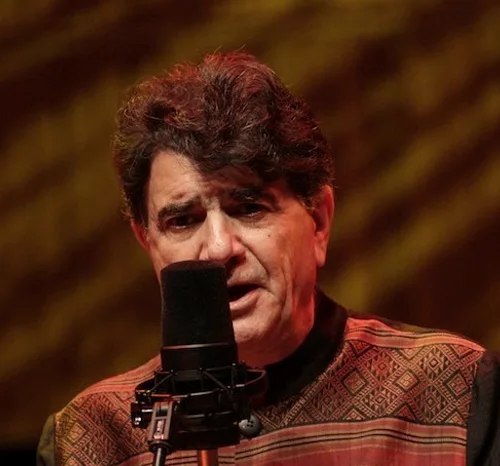
Mohammad Reza Shajarian
Mohammad Reza Shajarian, a giant in Persian classical music, made a lasting impression on art and culture. His amazing singing and dedication to musical greatness won him praise from all over. Shajarian did more than just perform. He had a big impact on keeping traditional Iranian music alive and bringing it back for new generations to enjoy.
This article looks at how Shajarian has a big influence on Persian classical music and speaks for the people.
It digs into his musical legacy checking out how his new ideas and teamwork, including work with his son Homayoun Shajarian changed Iranian music. Also, the piece examines Shajarian’s long-lasting effect on future musicians and why he matters in world music as a whole.
Shajarian’s Contribution to Persian Classical Music
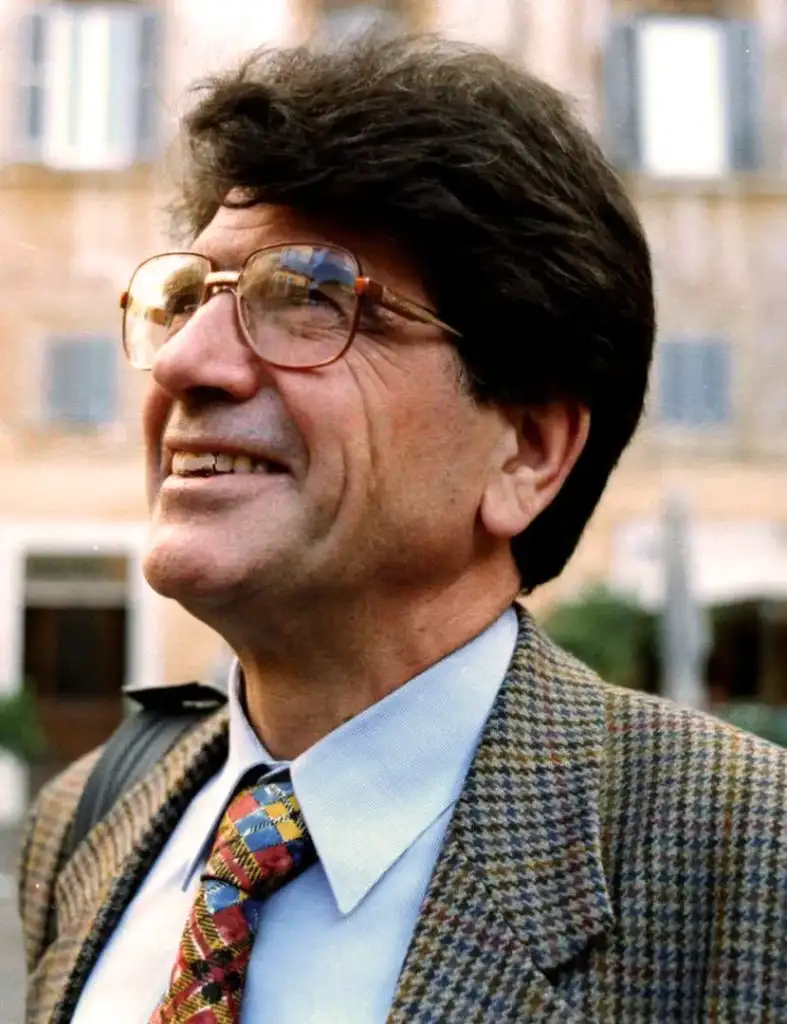
Mohammad Reza Shajarian known as the ‘Voice of Persia,’ has played a key role in breathing new life into and spreading Persian traditional music. His skilled singing, which has deep roots in the Radif tradition, has mesmerized listeners around the globe leading to many awards and recognitions.
Bringing New Life to Traditional Forms
Shajarian’s impact on Persian classical music goes well beyond his outstanding singing skills. Over five decades, he teamed up with the top artists in this style to produce some of its most treasured records. His work didn’t just make a music that was losing popularity in the 1970s more appealing, but also brought new life to widespread engagement with Persian poetry.
His efforts to breathe new life into traditional forms have changed the cultural scene in Iran. Shajarian created a space where people could gather and connect through the human-centered tradition of Persian poetry. This return to classic styles has helped keep a key part of Iranian cultural heritage alive and well-known.
New Ideas Within the Classic Framework
While Shajarian had deep roots in tradition, he wasn’t scared to try new things within the classic framework. He was a master of the classics and yet a bold and creative artist who took on the Radif and mastered it to go beyond it. His trust in his own skill allowed him to but clear the path for the next generation to make the music their own.
Shajarian’s fresh take on Persian classical music has led to groundbreaking pieces that have stretched the limits of the genre. His work has opened doors for rule-breaking music, like that of Mohsen Namjoo, a game-changing singer who draws inspiration from blues and rock as well as Persian classical artists.
Impact on Today’s Persian Music
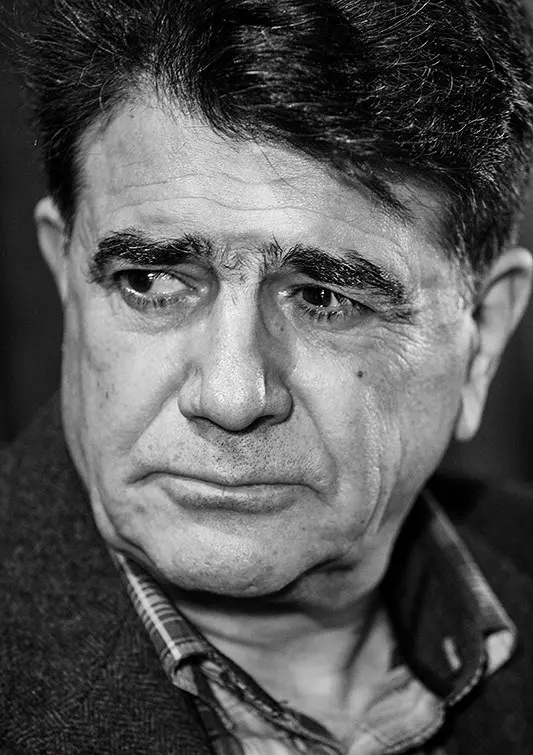
Shajarian has an immense influence on modern Persian music. His work with top musicians like Mohammad Reza Lotfi, Parviz Meshkatian, and Hossein Alizadeh has shaped the scene of post-revolution Iranian classical music. These team-ups led to the creation of many of his songs and had a big impact on his music career.
Throughout his career, Shajarian released about 60 music albums, 170 single tracks, and hundreds of minutes of musical performances on radio and TV, plus live concerts worldwide. His work has kept traditional forms alive and pushed new generations of musicians to dig into and build on the rich legacy of Persian classical music.
Shajarian’s impact on Persian classical music stands out due to his knack for striking a balance between musical innovation and keeping traditions alive. He managed to find a middle ground between his creative works and his stance on social and political issues, which turned him into more than just a musician – he became a cultural symbol. His work has helped Persian classical music stay lively, important, and rooted in its origins while also growing and motivating new generations.
The Voice of the People
A Mirror of Social and Political Shifts
Mohammad Reza Shajarian’s music has an influence on how people see Iran’s social and political scene. His songs and performances tell the story of the country’s past over the past four decades. Shajarian picks verses that match current events turning his songs into a kind of commentary on the times. His music often uses hidden meanings, with night standing for harsh rule and winter meaning hard times, to share messages of hope and freedom.
After the disputed 2009 Iranian election, Shajarian strengthened his position as the people’s spokesperson. He created “Language of Fire,” a song that became an anthem for the nonviolent democratic movement. The song’s opening lines, “Lay down your gun, as I hate this very abnormal shedding of blood,” sent a strong message against brutality and tyranny.
Connection with Iranian Audiences
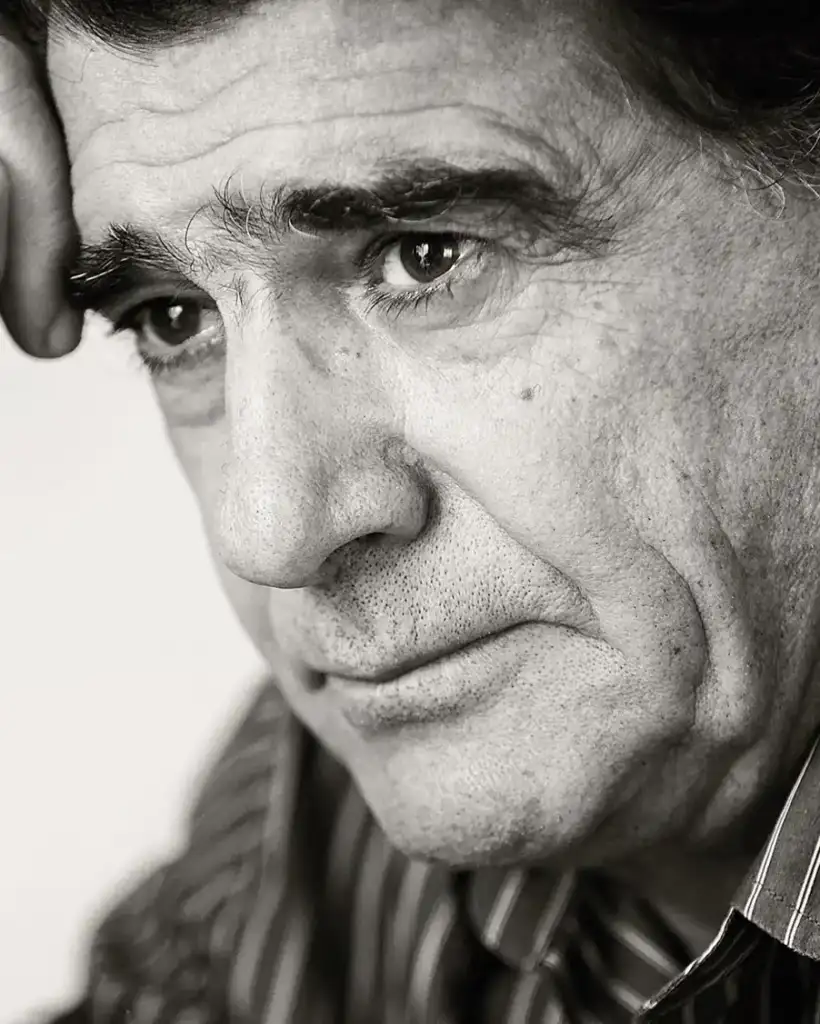
Shajarian’s strong link to Iranian listeners goes beyond his music shows. His songs serve as pillars of Persian identity offering comfort and optimism in hard times. This connection shows up clearly in the heartfelt memories many Iranians tie to Shajarian’s songs his well-known version of the Rabbana prayer during Ramadan.
The singer showed his dedication to his fans when he banned Iranian TV and radio from playing his songs after the 2009 election protests. When then-President Mahmoud Ahmadinejad made insulting comments about protesters, Shajarian called himself “the voice of dust and trash,” siding with the people.
The Rabbana Prayer and Its Significance
For many years, Shajarian’s version of the Rabbana prayer has played a key role in Ramadan celebrations for Iranians around the world. Iranian state TV and radio usually broadcast this prayer to mark the time to end the fast during Ramadan. In recent years, the lack of Shajarian’s Rabbana has sparked debate, with some seeing it as wiping out 30 years of shared national experiences.
Shajarian’s Rabbana prayer has grown beyond its religious roots to become a cultural milestone. Abbas Milani, an Iranian-American scholar, says its effect goes beyond words taking listeners back to their time in Iran. This prayer, along with Shajarian’s other work, has made him more than a musician. He’s now a cultural figure whose voice strikes a chord with Iranians.
Musical Legacy and Influence
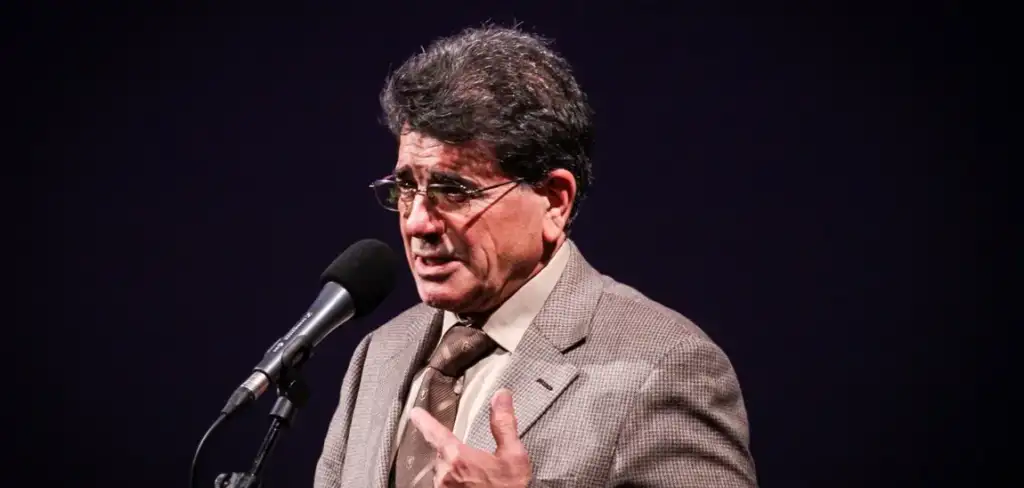
Mohammad Reza Shajarian has had a huge impact on Persian classical music. His work goes beyond just performing. It has shaped Iranian music for years to come. His efforts have left a lasting mark on keeping this rich musical tradition alive and helping it grow.
Impact on Future Generations of Musicians
Shajarian has a deep and wide-reaching impact on musicians who came after him. His expertise in traditional Persian singing has motivated many artists setting a high standard in the field. His fresh take on classical music opened doors for new generations to make the art form their own resulting in groundbreaking works by artists like Mohsen Namjoo.
The maestro’s legacy continues through his children Homayoun and Mojgan Shajarian, who have become notable performers themselves. This passing down of musical skill and feeling in the family ensures Shajarian’s artistic vision will live on.
Preservation of Persian Musical Heritage
Shajarian had a big influence on bringing back and spreading Persian traditional music. His work helped make a type of music popular that was losing ground in the 1970s giving new energy to old forms. By working with famous musicians like Parviz Meshkatian, Mohammad Reza Lotfi, and Hossein Alizadeh, Shajarian helped create some of the most valued albums in Persian classical music.
His deep grasp of Persian poetry and creation of 14 new instruments added to the musical legacy. These efforts played a key role to preserve and advance the art form for the next generations.
Global Recognition of Persian Classical Music
Shajarian’s skill brought Persian classical music to the world stage earning him many international honors. He got the UNESCO Picasso Medal in 1999 and the Mozart Medal in 2006. In 2014, France named him a chevalier of the Legion of Honor acknowledging his unique talent and dedication to artistic freedom.
His Grammy Award nominations in the Best World Music category for the albums “Without You” and “Faryad” helped establish his reputation as an artist known worldwide. National Public Radio (NPR) named Shajarian one of its 50 Great Voices of all time, which secured his place among the top singers in the history of global music.
Conclusion
Mohammad Reza Shajarian’s mark on Persian classical music runs deep and will last. His outstanding voice paired with his efforts to keep and breathe new life into traditional Iranian tunes, has changed the cultural scene. Shajarian’s knack for mixing new ideas with old ways, plus his teamwork with well-known musicians, has molded Iranian music’s future. He’s sparked newer artists to dig into and build on their rich musical roots.
Shajarian’s impact goes beyond his music making him a cultural symbol. He’s become a voice for the people. His thoughtful song choices mirror social and political shifts striking a chord with Iranians. They’ve offered comfort and optimism in tough times. Shajarian has gained worldwide fame winning top awards and nominations. This has pushed Persian classical music onto the global stage. It’s secured its spot in world music and kept a key part of Iranian cultural identity alive for the future.



